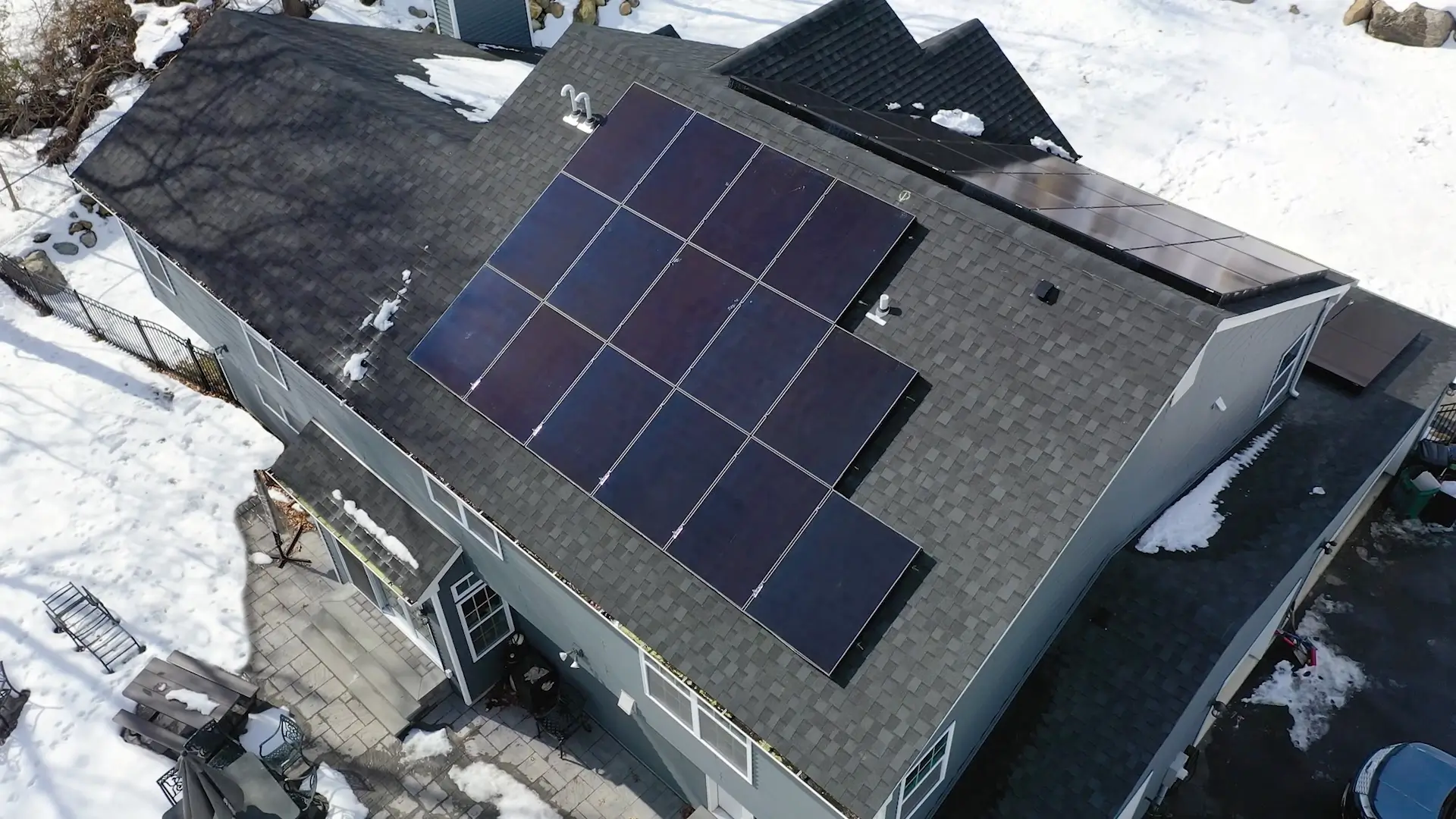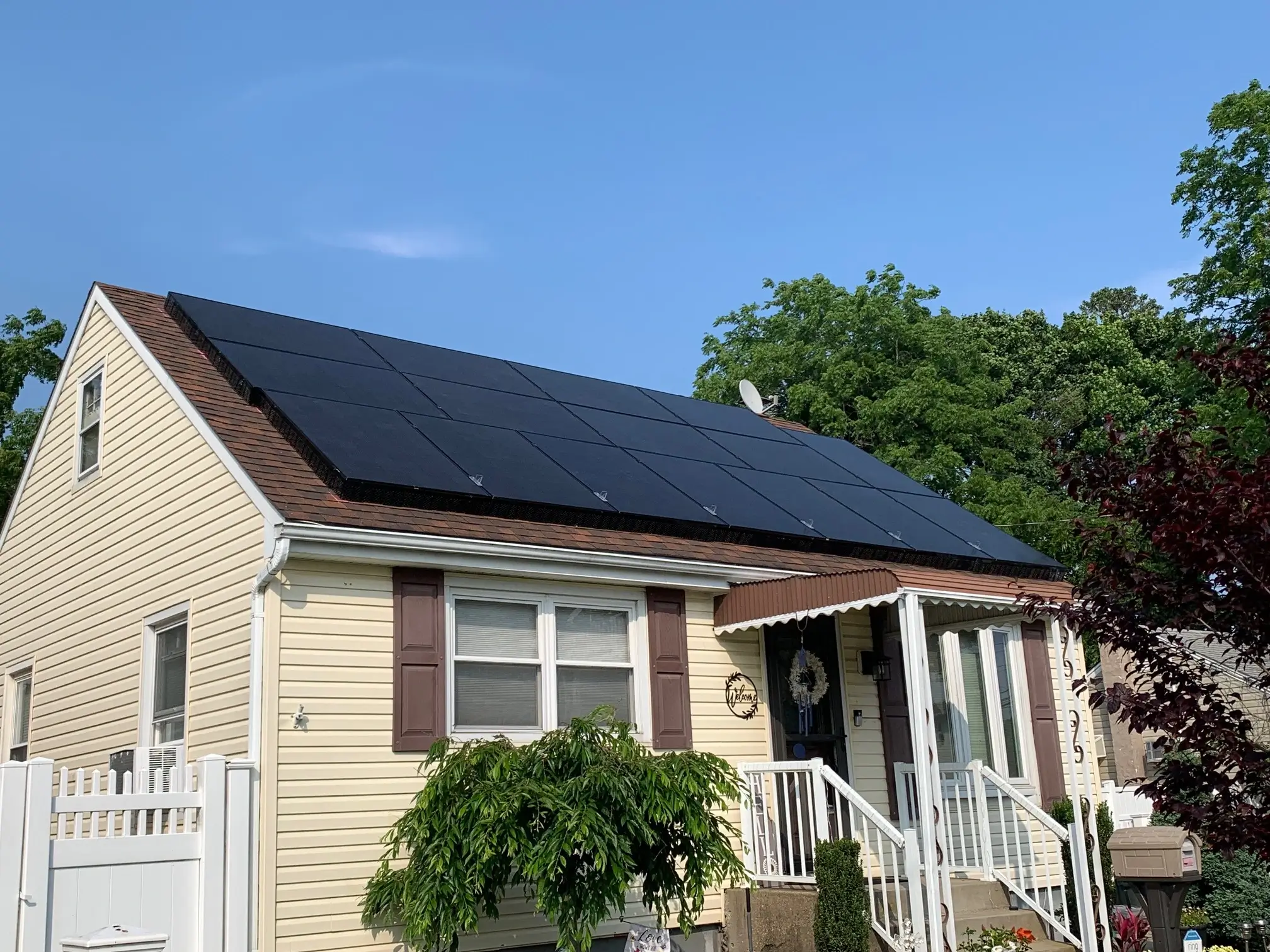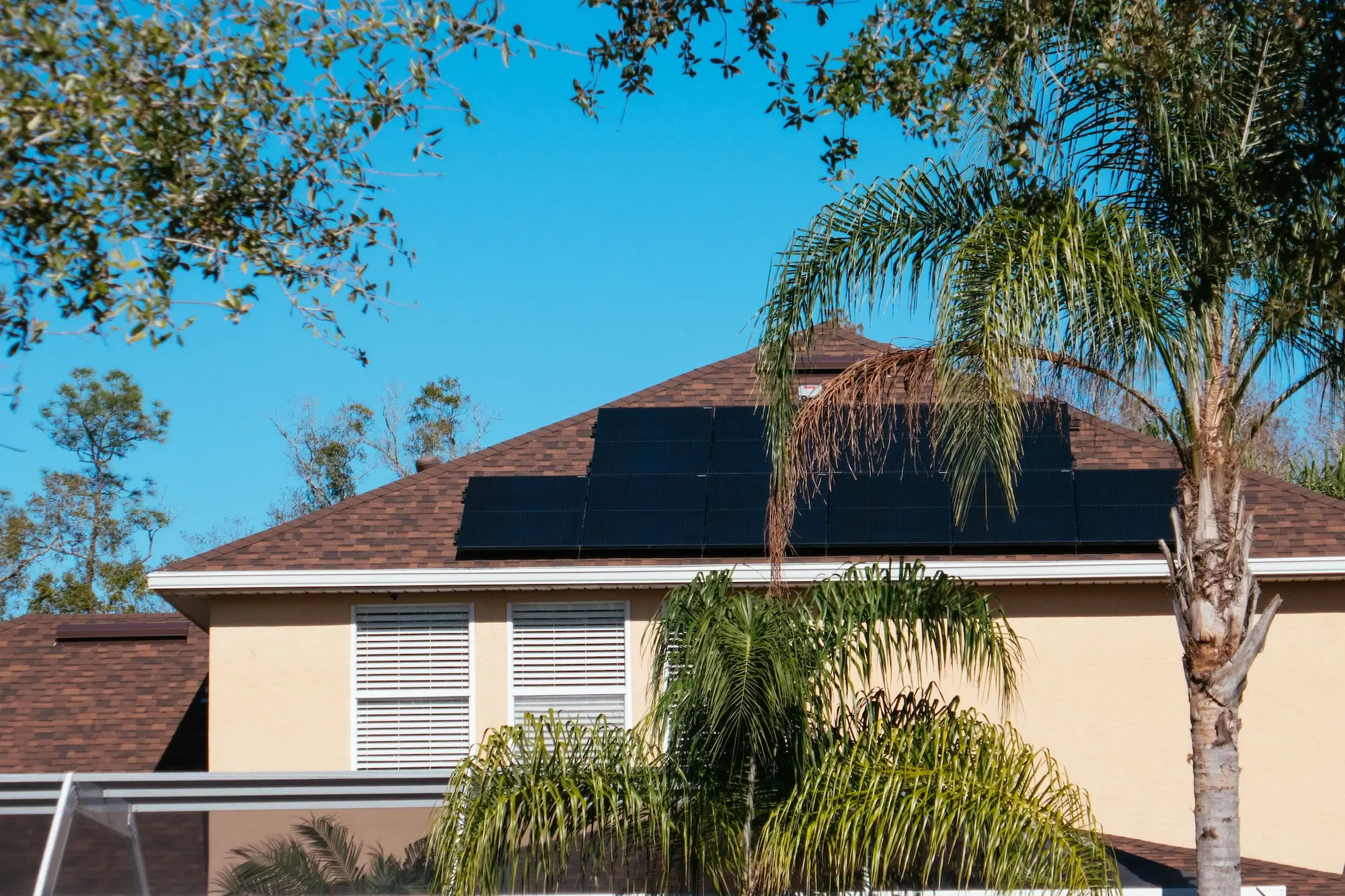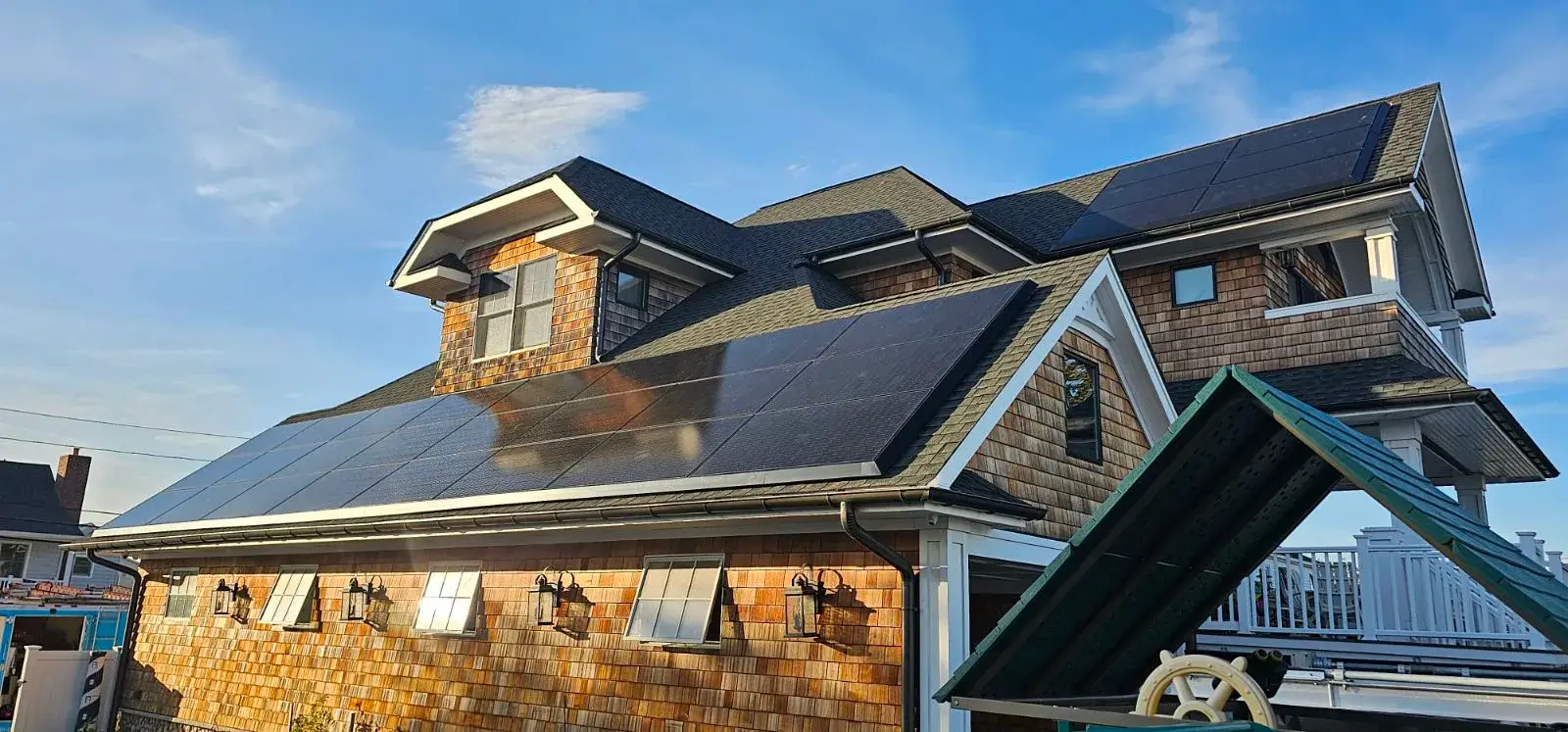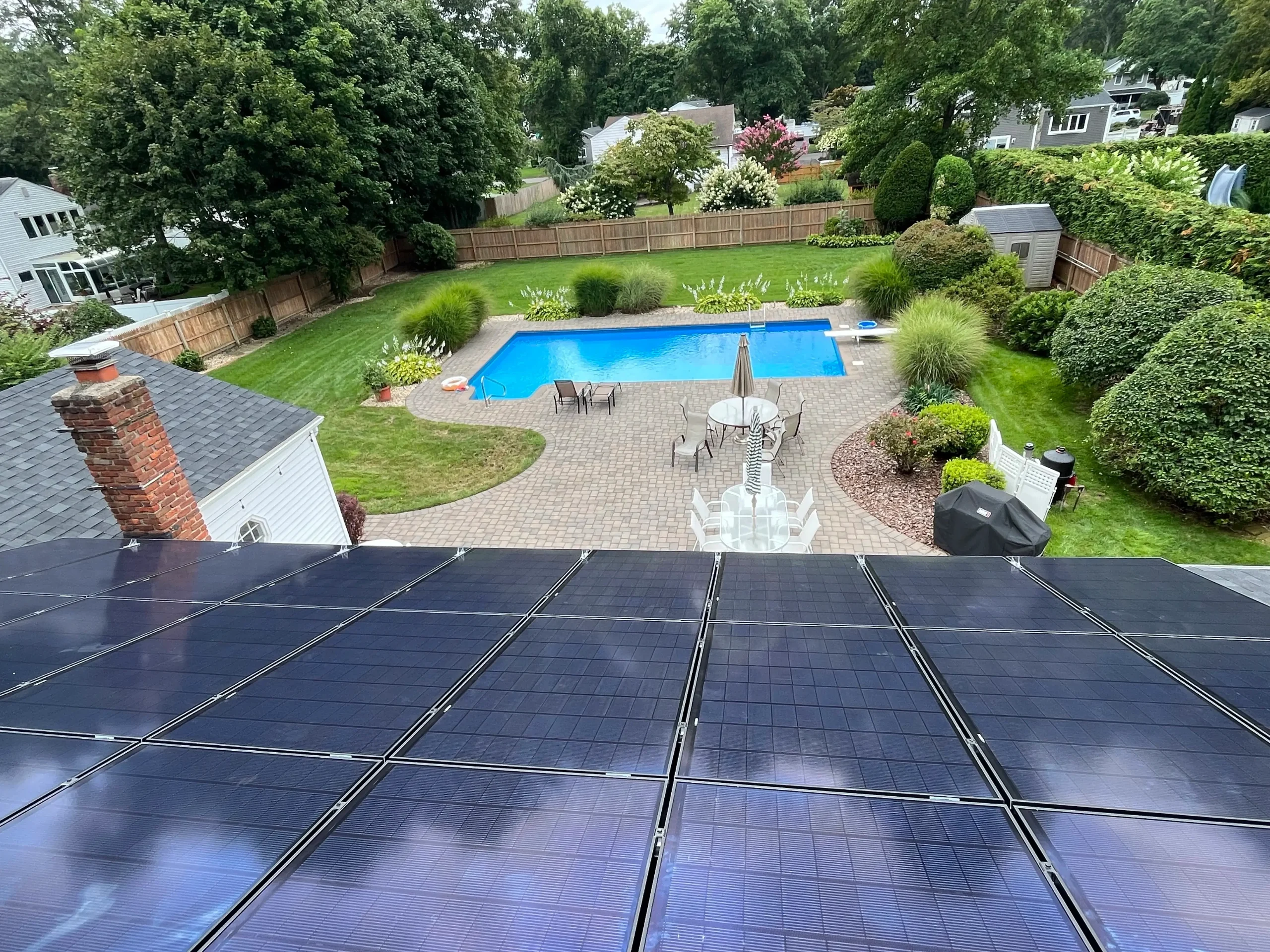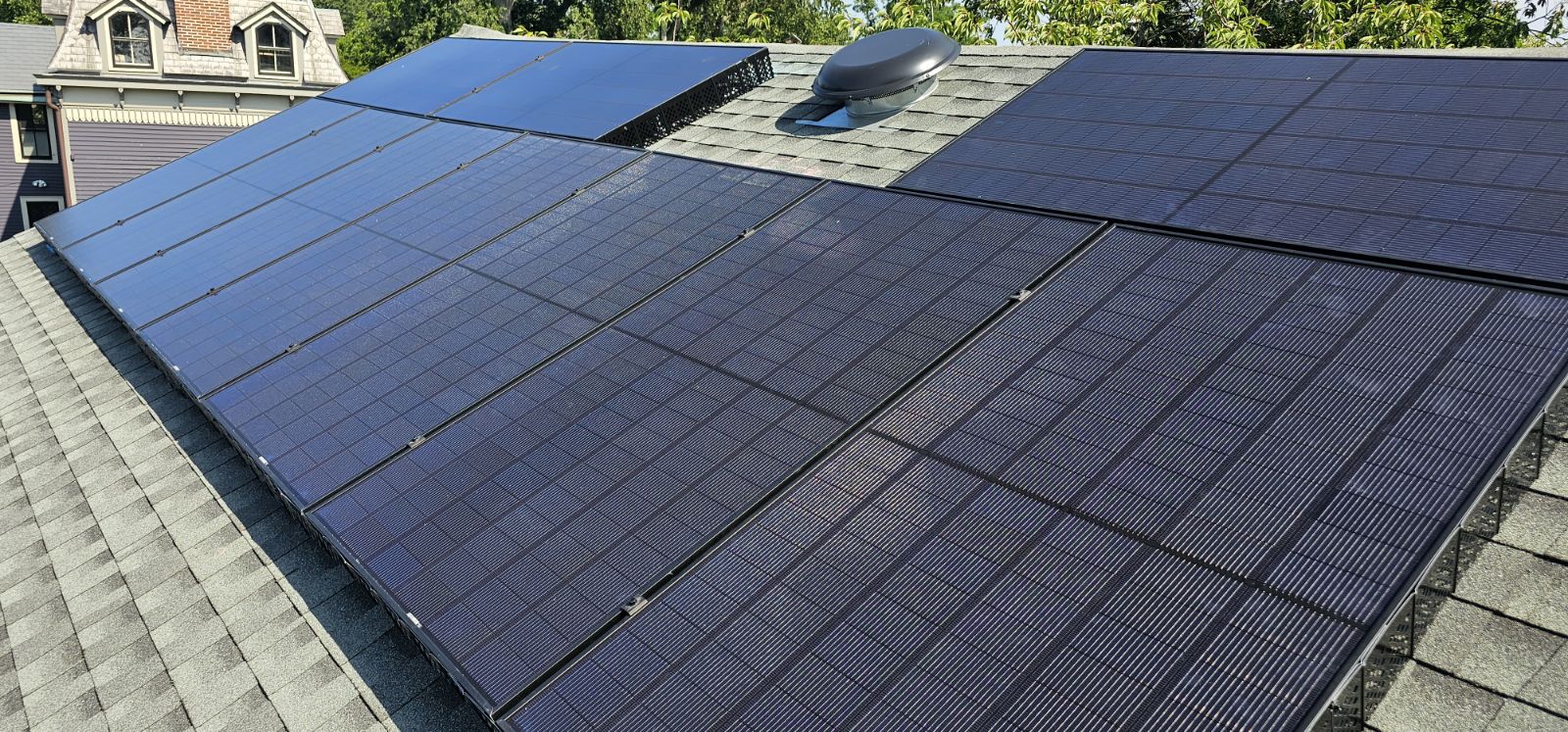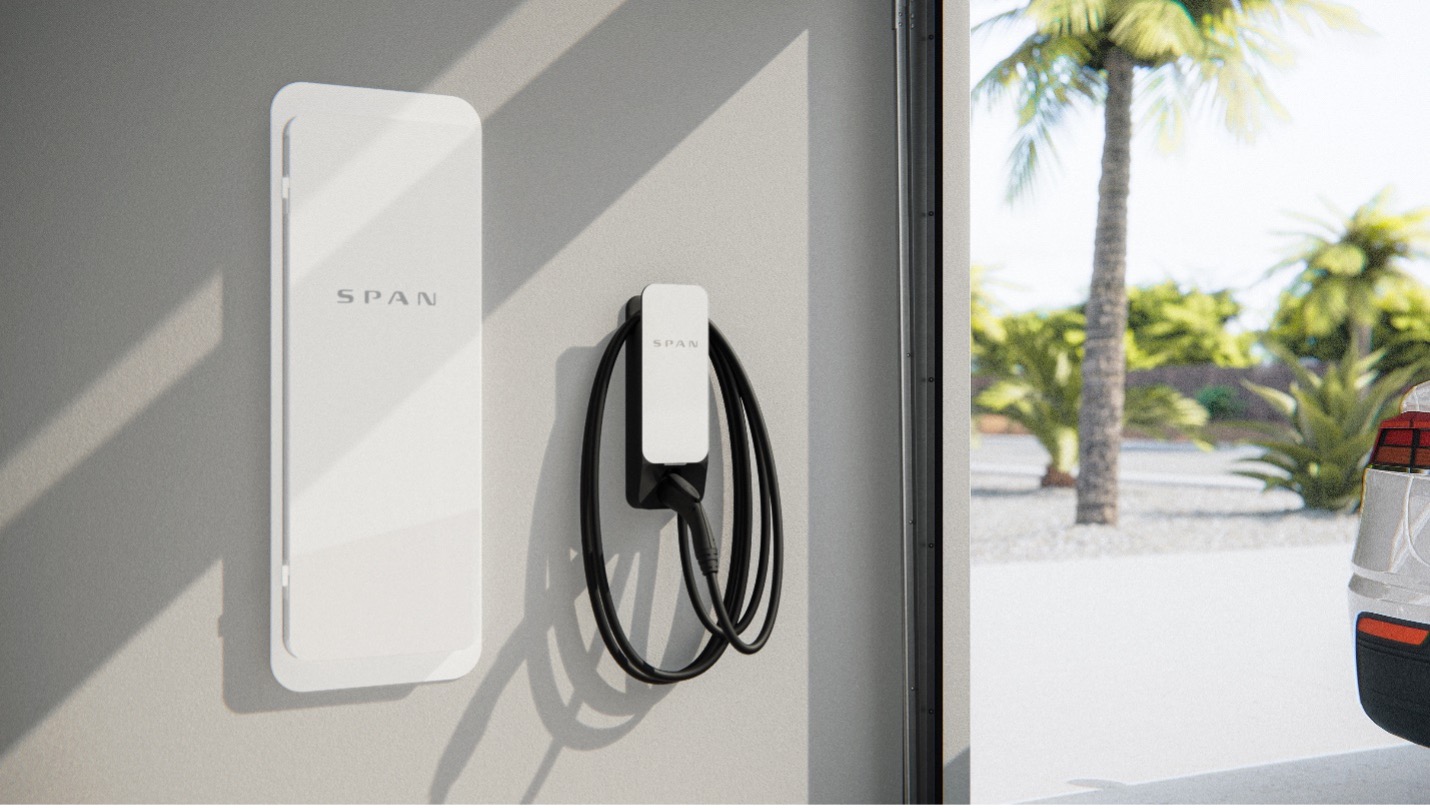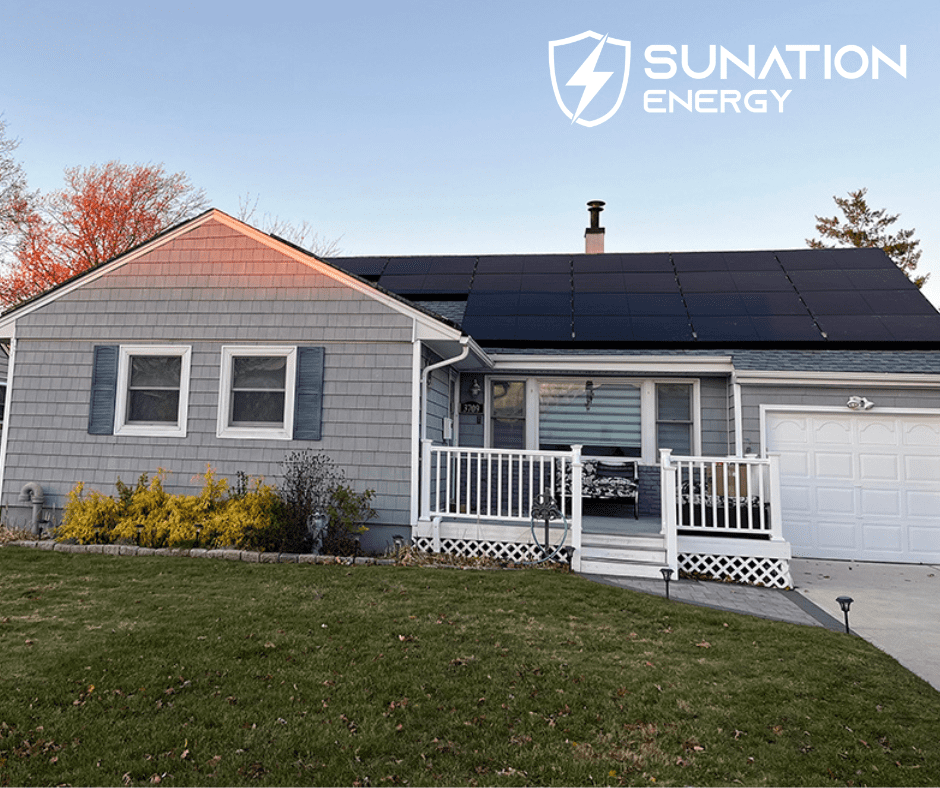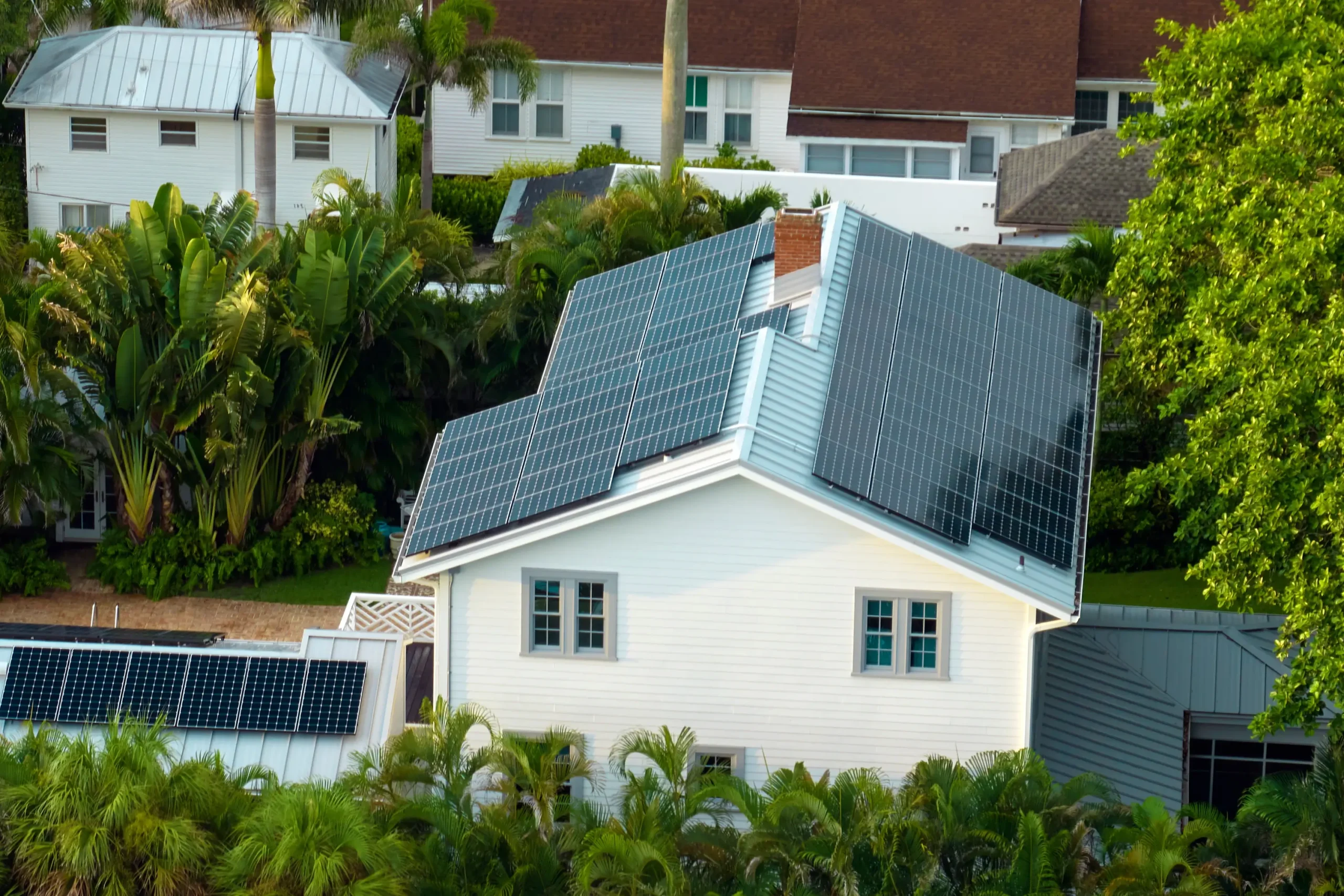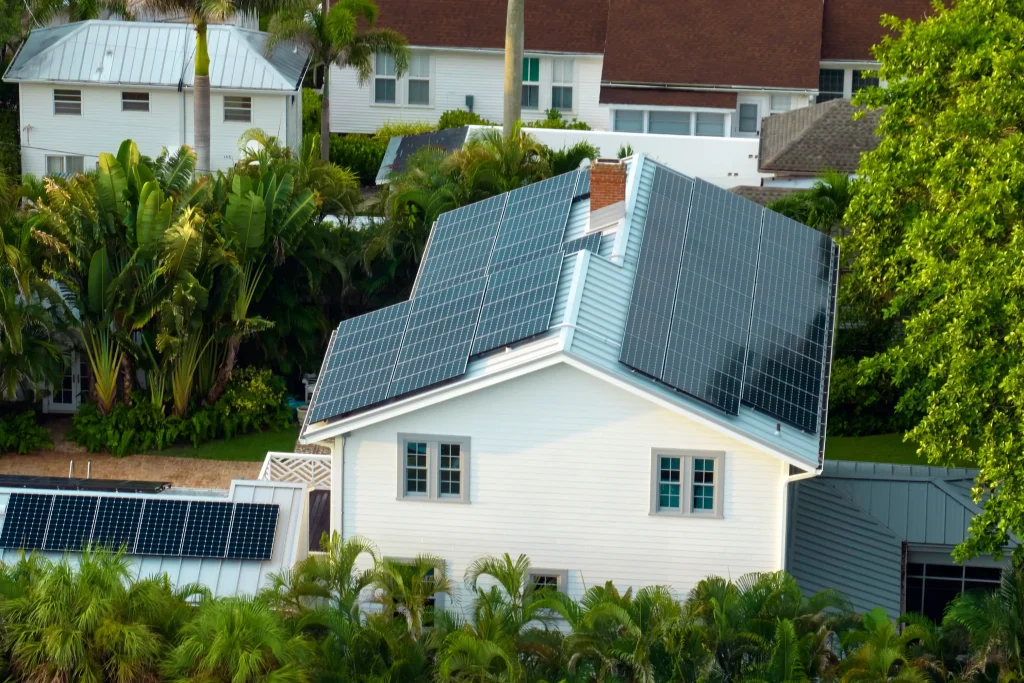
Sun-soaked Florida has seen some of the fastest growth in the adoption of rooftop solar. One of the drivers of this adoption is the availability of net metering, a powerful incentive to help solar homeowners and commercial businesses save money.
What Is Net Metering?
Net metering is a process that allows homeowners with a grid-connected solar energy system to receive credit for excess electricity they generate and feed it back into the grid. They can then use these credits to offset energy use on lower producing days, like during the shorter Winter days, to keep electricity costs down all year long.
Each solar panel system, or solar array, is equipped with a net meter which can be found on the side of your home. This meter typically measures the flow of electricity in one direction, but for homes with solar panels the meter flows in two directions: from the electrical grid to the home and from the home back to the electrical grid. During periods when the solar system generates more electricity than the property is consuming, this excess electricity is fed back into the electrical grid. The meter records this as a bill credit with your local power utility.
During periods when the solar panels are generating less electricity, such as during the night or on cloudy days, the home draws electricity from the grid and the net meter records this as consumption. The homeowner would typically be billed for this consumption, however, the bill credits earned during periods of excess can be applied towards this consumption to help offset this cost and therefore reduce a homeowner’s monthly electricity bill.
Why Is it Called “Net Metering”?
The process involves calculating the ‘net’ difference between surplus electricity fed back into the grid and electricity consumed from the grid. Usually, a home will feed more electricity back into the electrical grid than it withdraws over time, which produces bill credits for the homeowner.
Net metering is available to homeowners and commercial businesses who own or lease solar energy systems.
How Does Net Metering Work in Florida?
Net metering has been available in Florida since its enactment in 2008. Florida’s current net metering program is NEM 3.0. NEM 3.0 is governed by the Florida Public Service Commission (FPSC).
The state net metering laws apply to investor-owned utilities, including Tampa Electric Company (TECO), Duke Energy, Florida Power and Light, and Florida Public Utilities Corporations. Other municipal or rural electric cooperative utilities are not covered by state rules, but sometimes have their own type of net metering.
How Can I Save Money With Net Metering Credits?
Utilities take monthly net meter readings and credit the customer at the next monthly billing cycle. Throughout the year, if a homeowner generates a surplus of electricity in any given month, that homeowner will receive the full retail electric rate for that excess electricity. The retail rate is the same rate that a homeowner would pay for electricity from the grid. This is applied as credit in next month’s bill. At the end of the year, if a customer still has excess credits, these will be paid out at a wholesale electric rate.
Homeowners can take further action to save money by taking charge of their energy use.
Invest in Energy-Efficient Lighting: LED or CFL bulbs have been known to save homeowners up to 80% on their lighting costs compared to the use of traditional incandescent bulbs.
Control Your Energy With a SPAN Smart Electrical Panel: While you’re upgrading your rooftop, you can also upgrade your electrical panel with this Smart option. Turn energy-draining power circuits on and off all from your mobile device when not in use to decrease your energy consumption, especially during that time of the year when daylight hours decrease.
Follow Up With Regular Maintenance Checks: For both your appliances and your solar panel system, regularly checking for energy efficiency and making note of any issues can save you money both now and in the long run. With SUNation’s Guardian Service, homeowners can rest easy knowing our team is monitoring their systems and ensuring the solar panels are working at their highest level
SUNation is a Florida Solar Expert
Through the combination of solar energy production and net metering, homeowners can produce their own energy, rack up credits to put towards their electricity bill, and keep their overall energy costs low all year long for maximum savings. As utility costs continue to rise each year, homeowners with solar panels have the advantage. As their renewable energy systems work to offset their electricity use, they can remain in control of their monthly electricity bill without the stress.
Of course, the sooner you get started, the sooner you can create energy, earn credits, and save. Our team at SUNation Energy is here to help you take control of your energy bill and start saving money with a customized quote and no-obligation consultation to see if your home qualifies for solar.
If you have additional questions about net metering or installing solar in Tampa or Central Florida, reach out to SUNation Energy a consultant today who would be glad to help you weigh these options to find the best option for you.
